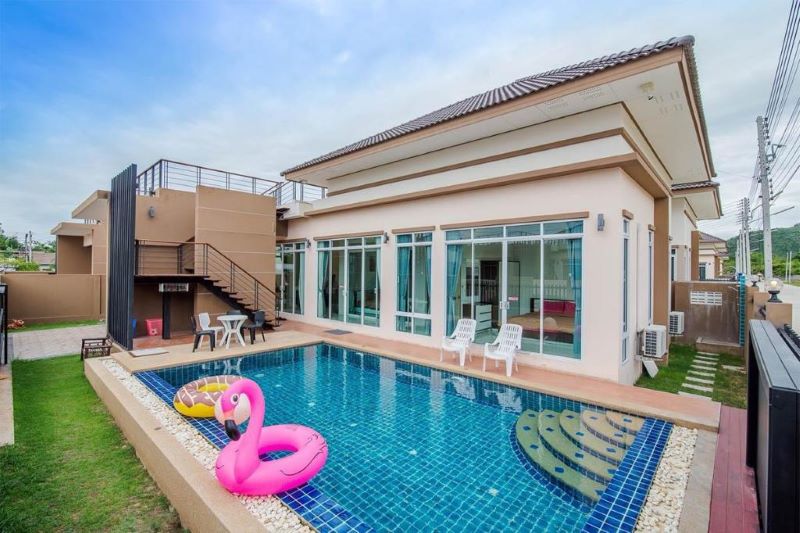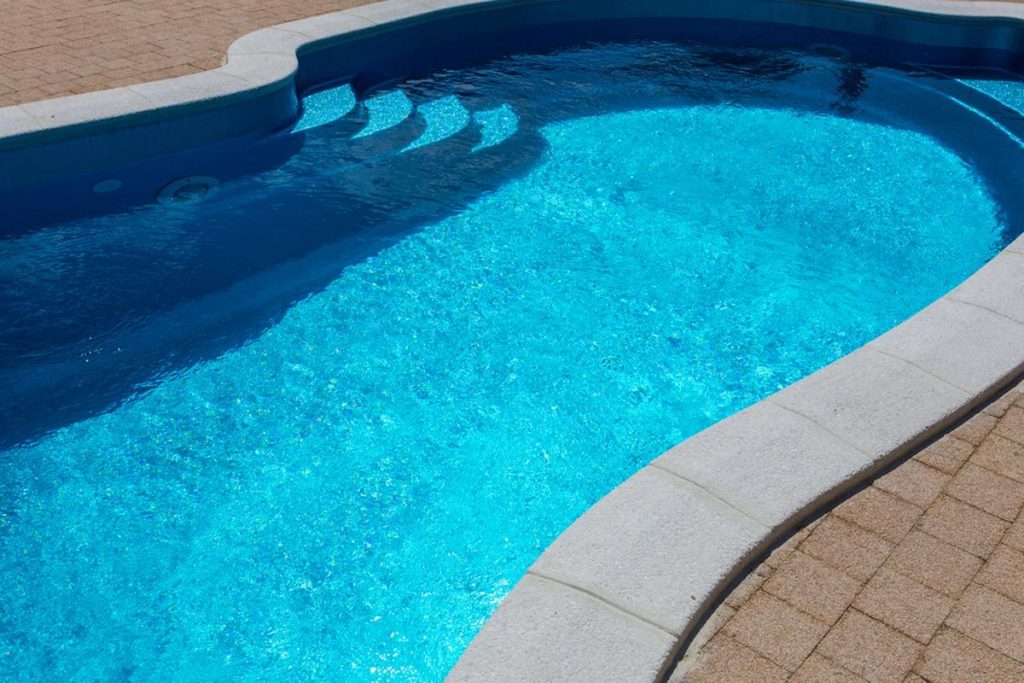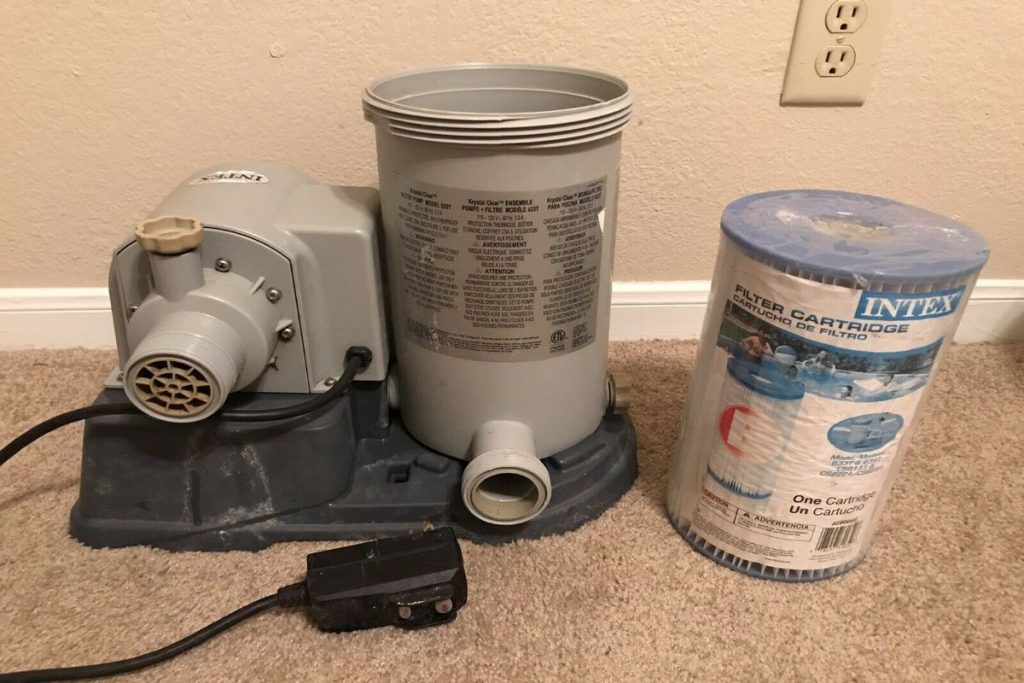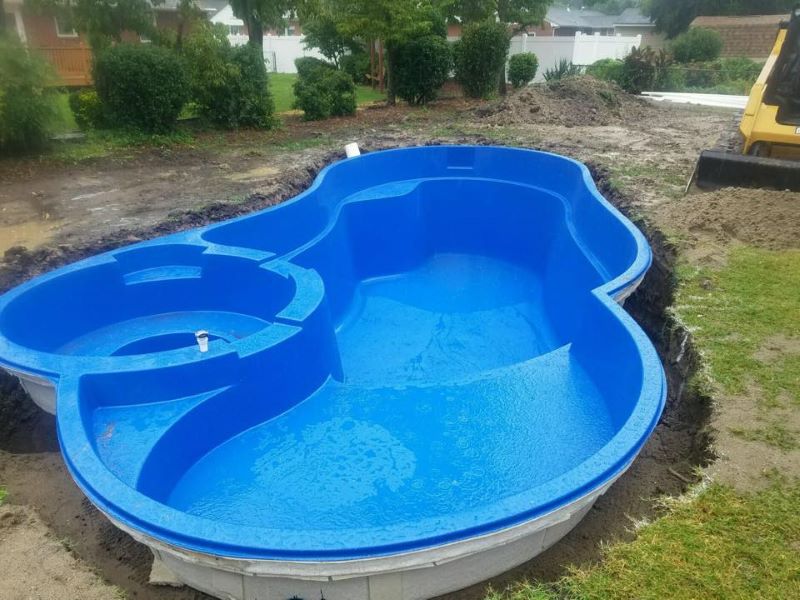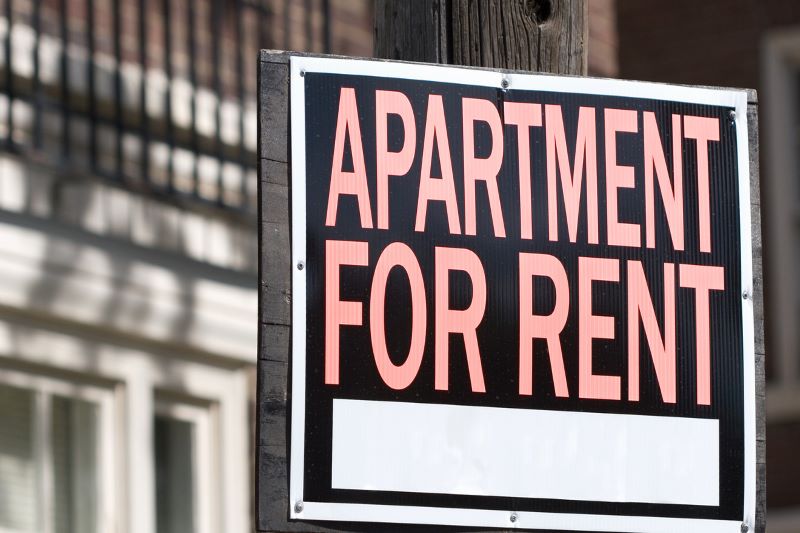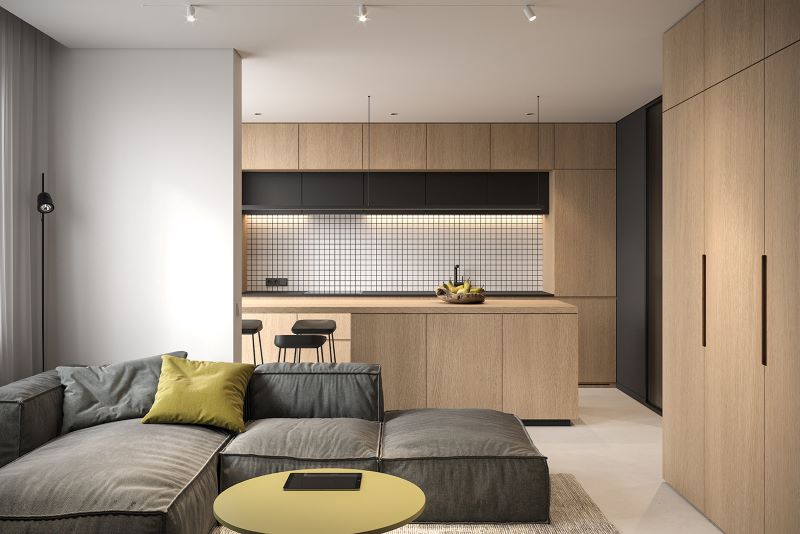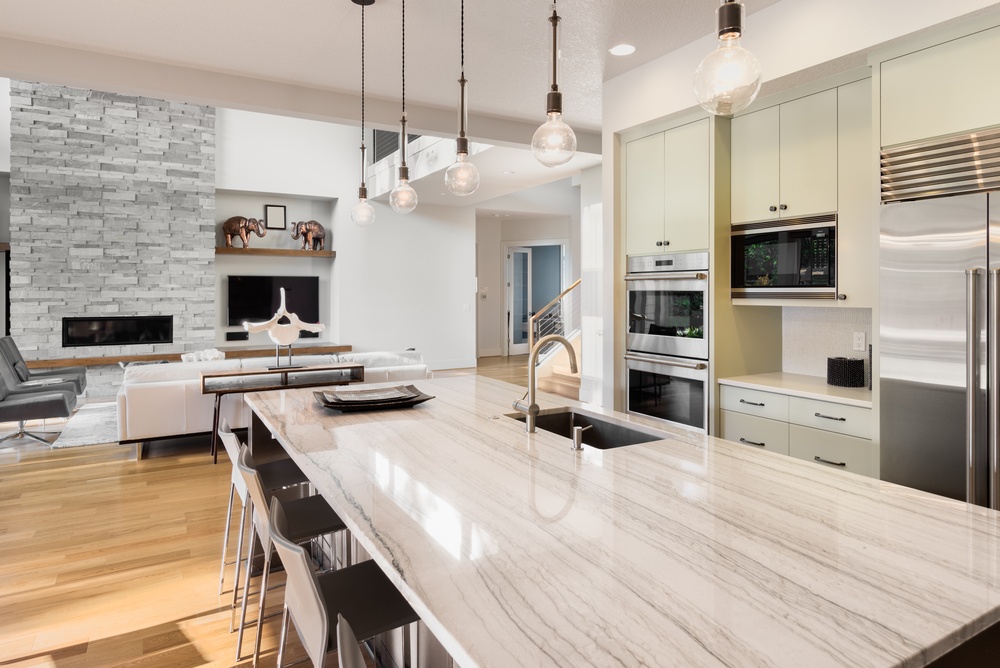Table of Contents
Don’t take the plunge before you know what to expect.
As a landlord and investor in the South (it gets hot here!), there are plenty of houses with pools.
But it’s not a standard amenity as in one of the traditional backyard-pool states such as California, Florida, or Arizona.
When I’m looking to buy rental properties, if I see one that has a pool, I run the other way.
But not everyone feels as I do. Pools, particularly in hot climates, are a desirable feature that can earn you more rent money. So what’s the catch?
Here’s a primer on the six things you need to consider before you rent a house with a pool.
1. Types of potential renters
There will be certain people who prefer rentals with pools. Millennials and Gen-Xers, for example, might love places with pools. So having a pool could be a plus for many renters and applicants.
On the other hand, families with babies or toddlers might not be comfortable renting a house with a pool, and older renters typically aren’t interested in pools, either. So you might have difficulty renting to those groups if you have a pool.
2. You might be liable for injuries
This is a big deal, because landlords can be liable for their renters’ personal injuries. What if someone drowns in the pool?
The person who drowns could be a guest of your renter. (If there’s a pool, there’s bound to be pool parties.) Or the person could be your renter, their child, the pool maintenance person, or a trespasser who entered the pool without permission.
If you have a rental property with a pool, you must have a fence that surrounds the pool with a self-closing gate that locks. Other safety measures include a pool cover that latches and an alarm that sounds when there’s movement near the pool.
It’s important that you speak with an expert in legal liability to find out the best way to protect yourself if an accident happens in your pool. This expert can also let you know what all the federal and local laws are regarding pool safety.
3. Maintenance
If you don’t maintain the pool, it’s not going to keep that lovely shade of blue for long. And maintaining pools requires lots of work: skimming, vacuuming, adjusting chemicals, cleaning the filters, and chlorinating.
You can do this regular weekly chore yourself, or you can hire someone to do it for you. But that will be another expense to factor into your bottom line.
If your renter is experienced in maintaining pools, you might want to consider letting them maintain it, but make sure you’re satisfied that they know what they’re doing and that they’ll keep up with the job. You’ll probably need to check on this yourself … you don’t want the pool to go neglected. It can be expensive to clean and fix a neglected pool.
4. Extra insurance
Call your insurance agent pronto. You’ll need, at a minimum, $1 million worth of liability coverage if you have a pool, which goes beyond landlord insurance. Make sure your regular liability coverage covers pools. If not, you might need to pay more.
Your insurance agent can advise you on this. And if you don’t have the required safety equipment set up, your insurance likely won’t pay out.
If you don’t have an LLC set up, you might want to do so. The LLC protects your personal assets if you’re sued. The LLC’s assets would still be subject to attack, however.
5. Add an addendum to your lease
Spell out the rules of the pool that you and your renter sign in an addendum. Here, you can list whether you or your renter is responsible for maintenance duties.
You should include that it’s the renter’s responsibility to notify you immediately if something is wrong with the pool or the fence surrounding it.
Let your renter know that they’re responsible for repairing or replacing anything they might have damaged.
6. Consider an HOA with a pool
When you buy in an HOA neighborhood, you need to find out the monthly HOA dues and add them into your overall cost estimate to determine whether the property will be profitable. You’ll need to get enough in rent to cover the HOA dues, basically.
The upside is that if the community has access to a pool, you’re providing your renters with this amenity without having to maintain or insure it. Keep in mind, however, that if there were a drowning in the HOA pool, all the homeowners are liable to pay any financial obligations that exceed the HOA’s insurance coverage.
You have the right to see the HOA’s financial statement before you buy in an HOA neighborhood.
Bottom line
As you can see, it’s easier to say “no” to rental property with a pool. But, depending on where you live and what the expectations are for having a pool combined with the increased rent you stand to collect, having a pool could be a big “yes” for you.
